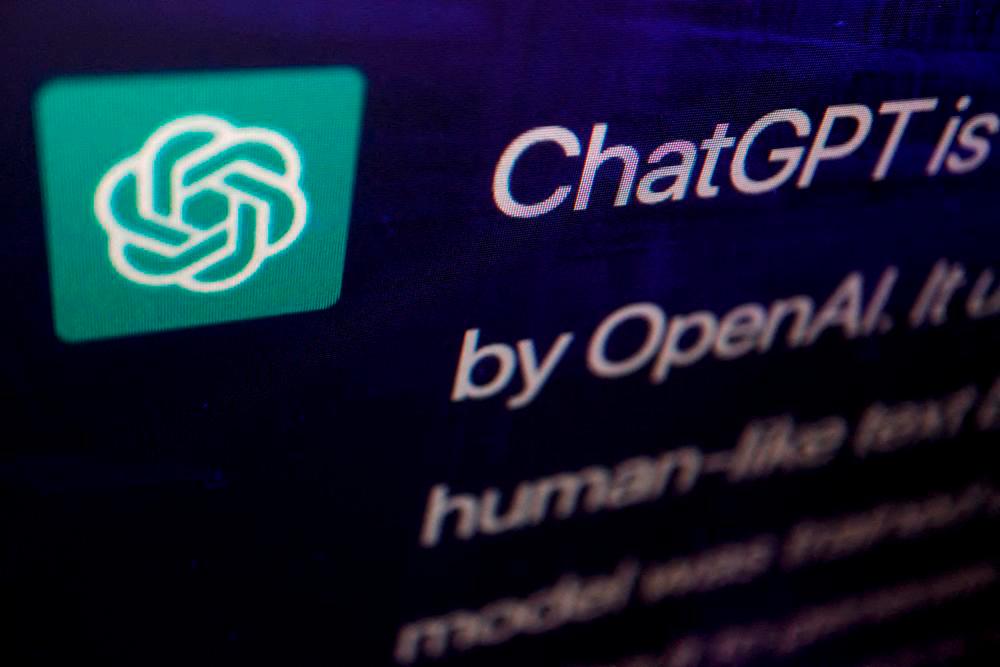PETALING JAYA: Stigma and cultural beliefs have already discouraged some Malaysians from seeking help for their mental health issues.
Further exacerbating the matter, those requiring treatment are now increasingly turning to chatbot platforms for guidance.
Malaysian Psycho-Spiritual Well-being Association deputy chairman and psychologist Dr Adnan Omar said the growing trend of turning to platforms such as ChatGPT for mental health enquiries is cause for concern.
“The conversational capabilities and round-the-clock availability of these platforms have made it a go-to source. And although they offer convenience, anonymity and may provide some insights, their diagnosis may be inaccurate, which is dangerous.”
Accountant Kelly Tan, 31, experienced trouble sleeping for several nights in a row, which affected her performance at work.
Frustrated by her inability to get a good night’s rest for almost four months, she turned to ChatGPT for solutions.
“After perusing the information I provided, it suggested that my symptoms were caused by insomnia. Without seeking a second opinion from a healthcare professional, I purchased insomnia pills that were claimed to be effective in promoting sleep,” she said.
However, as time passed Tan noticed that she desperately needed the pills to fall asleep.
“What initially seemed like a temporary solution turned into dependence. I felt unable to sleep without the medication, which also disrupted my normal sleep-wake cycle and made me drowsy and fatigued during the day.
“After finally consulting a psychologist, I was informed that I did not have insomnia and that my sleep problems were caused by other factors.”
Adnan, who is also a suicidologist said older people may prefer traditional methods such as seeking help from family or healers while younger people are more likely to use online platforms as they are influenced by social and cultural factors, which affect how much they trust and depend on chatbot platforms.
He said when it comes to mental illness, psychologists and psychiatrists are crucial as mental health is a multifaceted aspect of human existence and encompasses biological, psychological, spiritual and social dimensions.
“This is because some patients may seem to have mental health issues when their symptoms are the result of other biological or physiological conditions. Some others may have two or more health conditions at the same time.
“Attempting to condense symptoms, diagnoses and treatments using ChatGPT is dangerous as crucial nuances may be overlooked and potentially result in misdiagnoses and inadequate treatment.”
Adnan said some mental health disorders, such as bipolar disorder, schizophrenia and depression require medication as part of the treatment.
The dosage for such medication varies from person to person which ChatGPT cannot handle.
As mental health concerns the cognitive and emotional functions of individuals, he said inaccurate diagnoses and treatments provided by ChatGPT have the potential to inflict significant psychological harm on individuals.
Adnan said although chatbot platforms contribute positively to enhancing the accessibility of mental health knowledge and understanding for more individuals, depending solely on it is not advisable.
“This is because such platforms lack accuracy and thus, the advice they provide is unreliable. Without proper regulation and oversight, there is a risk of misinformation or inappropriate guidance being disseminated which potentially worsens the patient’s mental health ailment.”
Adnan said while Malaysians have achieved commendable progress in understanding and treating mental health, efforts must continue in terms of education and literacy to enhance support systems, and addressing systemic barriers to accessing care.
“By collectively addressing these challenges, we can work towards creating a society where mental health is prioritised, supported and accessible to all.”









